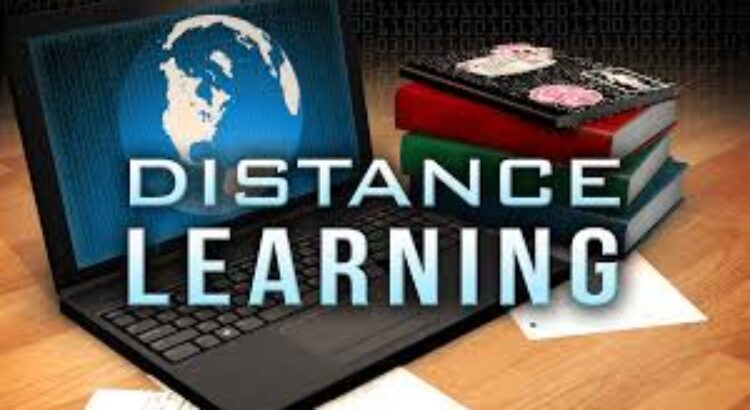Secretary DeVos Issues New Distance Learning Regulations to Spur High-Quality Distance and Competency-Based Programs, Better Serve Diverse Population of Higher Education Students
WASHINGTON — U.S. Secretary of Education Betsy DeVos issued final rules today that govern distance learning in higher education and promote educational innovation to better serve the needs of an increasingly diverse population of students. While work on the Distance Learning and Innovation regulation started more than a year ago, the COVID-19 national emergency underscores the need for students to have access to high-quality remote learning options.
“While we moved quickly at the start of the pandemic to provide temporary distance learning flexibilities for students, these new regulations provide a permanent upgrade to online and competency-based education,” said Secretary DeVos. “The COVID-19 pandemic has shown that a video call is not enough, and our outdated rules did not comport with 21st-century realities. These regulations are a true ‘rethink’ of what is possible for students so that they can learn in the ways and places that work best for them.”
Crafted by a diverse group of experts during the Department’s 2019 negotiated rulemaking, the Department’s Distance Education and Innovation regulations were forged by historic rulemaking consensus, enhance educational quality, and reduce barriers to innovation while maintaining safeguards to limit the risks to students and taxpayers. These regulations build upon Secretary DeVos’ call for institutions, educators, and policy makers to “rethink higher education” and find new ways to expand educational opportunity, demonstrate the value of a postsecondary credential and lifelong learning, and reduce costs for students and schools.
The final regulations:
- Emphasize demonstrated learning over seat time.
- Remove confusion over whether a course is eligible for Title IV aid by defining «regular and substantive» interaction between students and instructors.
- Clarify and simplify the requirements for direct assessment programs, including how to determine equivalent credit hours.
- Add a definition of «juvenile justice facility» to ensure that incarcerated students remain Pell eligible.
- Allow students enrolled in Title IV, Higher Education Act (HEA)-eligible foreign institutions to complete up to 25% of their programs at an eligible institution in the United States. This provision is particularly important for students temporarily unable to attend courses abroad due to the COVID-19 pandemic.
- Encourage employer participation in developing educational programs.
- Create a new, student-centric system for disbursing Title IV, HEA assistance to students in subscription-based programs.
- Require prompt action by the Department on applications to participate, or continue to participate, as an eligible institution in the HEA, Title IV program. In the past, these applications have been stalled for months or even years.
- Allow clock hour programs, which often lead to state licensed occupations, to utilize innovative learning models.
The Distance Education and Innovation rule was the result of a months-long negotiated rulemaking effort that began with public hearings and engaged a subcommittee of subject matter experts to formulate recommendations that were ultimately considered by a panel of representatives from the higher education and consumer protection communities. Negotiators reached consensus on the language, which strikes a balance between fostering innovation and protecting students and taxpayers from waste, fraud, and abuse.
The regulations will officially take effect July 1, 2021, but institutions have the ability to voluntarily utilize the new flexibilities as soon as the regulation is officially published in the Federal Register.
Fuente de la Información: https://www.ed.gov/news/press-releases/secretary-devos-issues-new-distance-learning-regulations-spur-high-quality-distance-and-competency-based-programs-better-serve-diverse-population-higher-education-students







 Users Today : 14
Users Today : 14 Total Users : 35459920
Total Users : 35459920 Views Today : 18
Views Today : 18 Total views : 3418483
Total views : 3418483